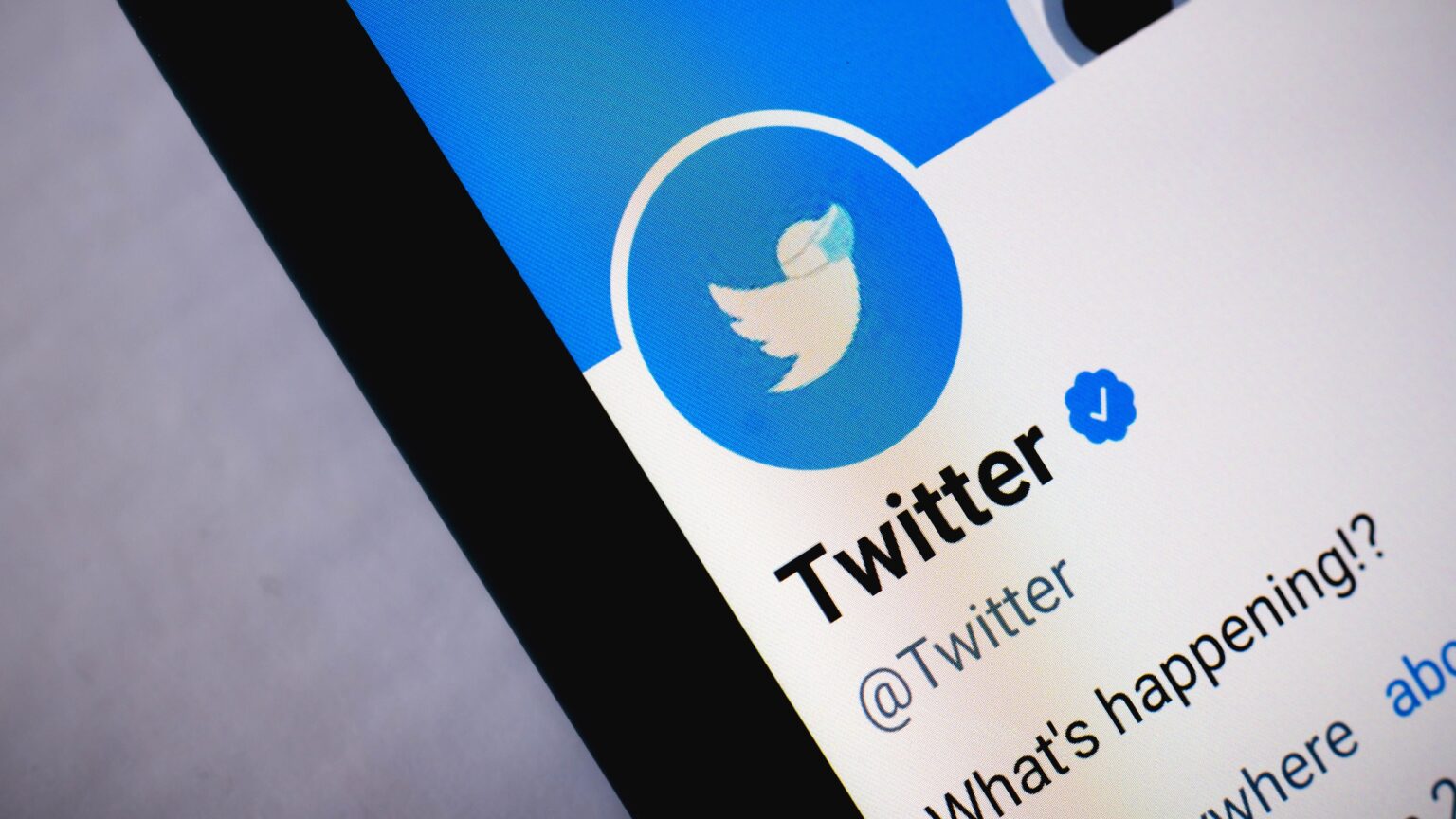Microblogging platform Twitter users can appeal their account suspensions starting Feb. 1, using the company’s new reinstatement criteria. The social media giant on Friday said that from February 1 and onwards users will be able to appeal account suspensions and be evaluated under its new criteria for reinstatement, Reuters reported.
Also read:Twitter Q4 Revenue Tumbles 35% as 500 Advertisers Suspend Spending
However, the accounts will only be suspended for severe or repeat violations of the platform’s policy. The company’s new reinstatement criteria were announced following Elon Musk’s takeover in October.
“As we shared earlier, we have been proactively reinstating previously suspended accounts. Starting February 1, anyone can appeal an account suspension and be evaluated under our new criteria for reinstatement,” said Twitter.
The platform even said that it would take less severe action than suspending accounts, such as limiting the reach of tweets or asking users to remove tweets that violate policies.
the bird is freed
— Elon Musk (@elonmusk) October 28, 2022
Musk took over Twitter after paying $44 billion in October and tweeted “the bird is freed” immediately.
Since becoming the head of the company, Musk has frequently made controversial statements on social media, particularly targeting individuals with centre-to-left political views, whom he frequently characterizes as possessing a “woke mind virus.”
Not Reinstating All Accounts
The platform has made it clear that accounts involved in illegal activity, harm, violence, or similar will not be reinstated.
“We did not reinstate accounts that engaged in illegal activity, threats of harm or violence, large-scale spam and platform manipulation, or when there was no recent appeal to have the account reinstated,” said Twitter.
In December 2022, Twitter took down the accounts of several tech journalists who reported on Twitter’s suspension of a handle that shared publicly available data on Elon Musk’s flight movement, according to the Guardian. Twitter later reinstated the accounts.
Twitter stated that there would be warnings before taking severe action to ban such accounts. According to a recent tweet, users who violate policy will be warned to remove their Tweets, and account suspensions will be reserved for serious or ongoing, repeat policy violations.
The conversation began in December last year when the Twitter Safety account tweeted that they had identified several policies “where permanent suspension was a disproportionate action for breaking Twitter rules.”
People Appreciating the Effort
Some users are appreciating Twitter’s efforts to make it a better place for all sides.
“We appreciate the effort and making the place better for all sides,” tweeted, Raiya Safaia.
Starting Feb. 1, Twitter users will be able to appeal account suspensions and be evaluated under the social media platform’s new criteria for reinstatement.
Accounts will only be suspended for severe or ongoing and repeat violations of policies. pic.twitter.com/6a8LiQcAoV
— About Her (@AboutHerOFCL) January 29, 2023
“Whoever at twitter looked at my appeal and let me out of twitter jail early last night so I could pay my bills?” another user tweeted.
Over 368 million monthly active users worldwide were part of Twitter’s audience as of December 2022, according to a Statista report.









 and then
and then